URBANA, Ill., U.S.: Among the most prevalent chronic diseases in both children and adults is dental caries, which occurs when the mouth is in a state of dysbiosis. Up until now, little was known about the bacterium Streptococcus sobrinus, which accelerates caries in some people. However, a research team from the Department of Engineering from the University of Illinois at Urbana-Champaign has now successfully sequenced the complete genomes of three strains of S. sobrinus.
Since S. sobrinus is difficult to work with in the laboratory and it is not present in all people, researchers have instead focused their efforts on understanding the more stable and prevalent Streptococcus mutans, which was sequenced in 2002, according to research assistant professor Dr. Paul Jensen from the Carl R. Woese Institute for Genomic Biology at the university.
“Although it is rare, S. sobrinus produces acid more quickly and is associated with the poorest clinical outcomes, especially among children,” said Jensen. “If S. sobrinus is present along with S. mutans, you’re at risk for rampant tooth decay, which means there’s some level of communication or synergy between the two that we don’t understand yet.”
Now that the S. sobrinus sequencing is complete, the research team is building computational models to better understand how the two bacteria interact and why S. sobrinus can cause such potent caries in combination with S. mutans. They have already confirmed that S. sobrinus lacks complete pathways for quorum sensing, which is the ability of bacteria to sense and react to nearby bacteria, and ultimately proliferate. “S. sobrinus doesn’t have a complete system to do this,” said Jensen. “We’re really curious to explore this further and find out what is missing and why.”
According to Jensen, S. mutans bacteria send out feelers in the form of a peptide to find out how many other S. mutans cells are nearby. Once the S. mutans cells reach a certain threshold, they attack, creating an imbalance in the oral microbiome and leading to rapid cavity formation.
“For the S. sobrinus field, this is groundbreaking work because the field was plagued by a lack of information. In 2018, it is surprising that we had a whole species [of bacteria] that causes disease and no complete genome of it,” concluded Jensen.
This work was funded by a grant from the National Institutes of Health National Institute of Dental and Craniofacial Research and the Illinois Master of Engineering in Bioengineering program.
The study, titled “Complete genome sequences of Streptococcus sobrinus SL1 (ATCC 33478 = DSM 20742), NIDR 6715-7 (ATCC 27351), NIDR 6715-15 (ATCC 27352), and NCTC 10919 (ATCC 33402),” was published online in Microbiology Resource Announcements on July 26, 2018.
Tags:
MELBOURNE, Australia: In the first large-scale study to look at the oral microbiome, researchers from Murdoch Children’s Research Institute (MCRI) have ...
GLASGOW, UK: A pioneering study is being carried out across both National Health Service (NHS) and non-NHS dental practices in Scotland in which software ...
KAUNAS, Lithuania: The work of dental professionals was significantly affected by the COVID-19 outbreak. For this reason, researchers from Lithuania have ...
LONDON, UK: Unlike many other tissues in the human body, dental enamel does not regenerate itself once it is damaged. In what could potentially be a ...
PHILADELPHIA, U.S.: In order to address implant failure and the associated effort and costs, researchers from the School of Dental Medicine of the ...
CHICAGO, US: Although manufacturers indicate that healing abutments (HAs) are single-use components, HAs are sometimes reused in clinical practice. Academic...
WASHINGTON, U.S.: Prevention is always the best place to start when talking about dental care; however, many patients would be thrilled to have access to an...
PORTLAND, Ore., U.S.: A recent study has found that a compound used to make car bumpers more robust and protect wood decks could make dental fillings last ...
UMEÅ, Sweden: In the largest study of its kind, researchers from the Institute of Odontology at Umeå University in Sweden and the Bristol Dental School in...
HOKKAIDO, Japan: In a recent study, researchers in Japan have developed a new way of testing bacterial resistance to antibiotics and while doing so found ...
Live webinar
Tue. 24 February 2026
1:00 pm EST (New York)
Prof. Dr. Markus B. Hürzeler
Live webinar
Tue. 24 February 2026
3:00 pm EST (New York)
Prof. Dr. Marcel A. Wainwright DDS, PhD
Live webinar
Wed. 25 February 2026
11:00 am EST (New York)
Prof. Dr. Daniel Edelhoff
Live webinar
Wed. 25 February 2026
1:00 pm EST (New York)
Live webinar
Wed. 25 February 2026
8:00 pm EST (New York)
Live webinar
Tue. 3 March 2026
11:00 am EST (New York)
Dr. Omar Lugo Cirujano Maxilofacial
Live webinar
Tue. 3 March 2026
8:00 pm EST (New York)
Dr. Vasiliki Maseli DDS, MS, EdM



 Austria / Österreich
Austria / Österreich
 Bosnia and Herzegovina / Босна и Херцеговина
Bosnia and Herzegovina / Босна и Херцеговина
 Bulgaria / България
Bulgaria / България
 Croatia / Hrvatska
Croatia / Hrvatska
 Czech Republic & Slovakia / Česká republika & Slovensko
Czech Republic & Slovakia / Česká republika & Slovensko
 France / France
France / France
 Germany / Deutschland
Germany / Deutschland
 Greece / ΕΛΛΑΔΑ
Greece / ΕΛΛΑΔΑ
 Hungary / Hungary
Hungary / Hungary
 Italy / Italia
Italy / Italia
 Netherlands / Nederland
Netherlands / Nederland
 Nordic / Nordic
Nordic / Nordic
 Poland / Polska
Poland / Polska
 Portugal / Portugal
Portugal / Portugal
 Romania & Moldova / România & Moldova
Romania & Moldova / România & Moldova
 Slovenia / Slovenija
Slovenia / Slovenija
 Serbia & Montenegro / Србија и Црна Гора
Serbia & Montenegro / Србија и Црна Гора
 Spain / España
Spain / España
 Switzerland / Schweiz
Switzerland / Schweiz
 Turkey / Türkiye
Turkey / Türkiye
 UK & Ireland / UK & Ireland
UK & Ireland / UK & Ireland
 Brazil / Brasil
Brazil / Brasil
 Canada / Canada
Canada / Canada
 Latin America / Latinoamérica
Latin America / Latinoamérica
 USA / USA
USA / USA
 China / 中国
China / 中国
 India / भारत गणराज्य
India / भारत गणराज्य
 Pakistan / Pākistān
Pakistan / Pākistān
 Vietnam / Việt Nam
Vietnam / Việt Nam
 ASEAN / ASEAN
ASEAN / ASEAN
 Israel / מְדִינַת יִשְׂרָאֵל
Israel / מְדִינַת יִשְׂרָאֵל
 Algeria, Morocco & Tunisia / الجزائر والمغرب وتونس
Algeria, Morocco & Tunisia / الجزائر والمغرب وتونس
 Middle East / Middle East
Middle East / Middle East





















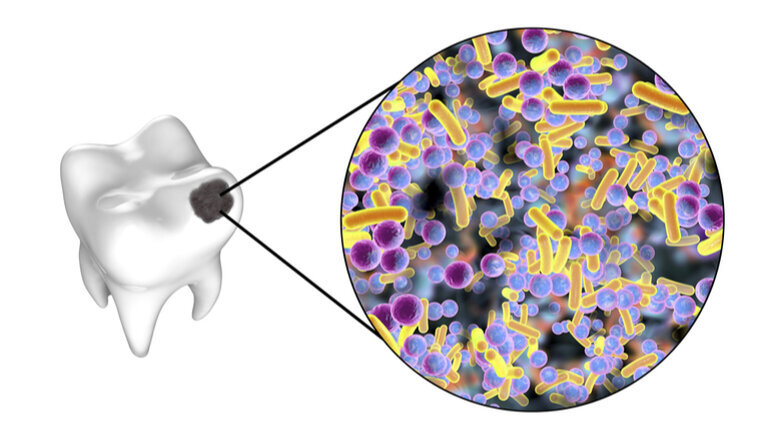






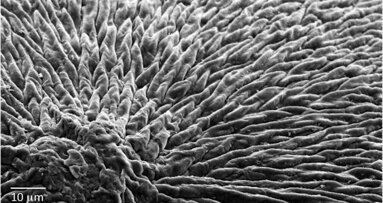
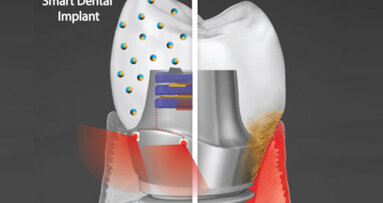
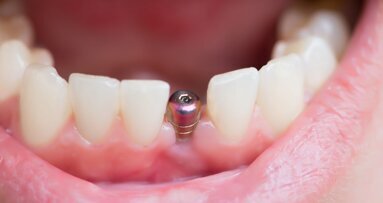

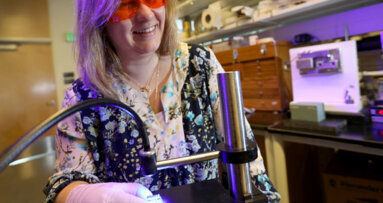

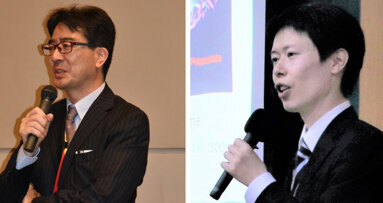









To post a reply please login or register